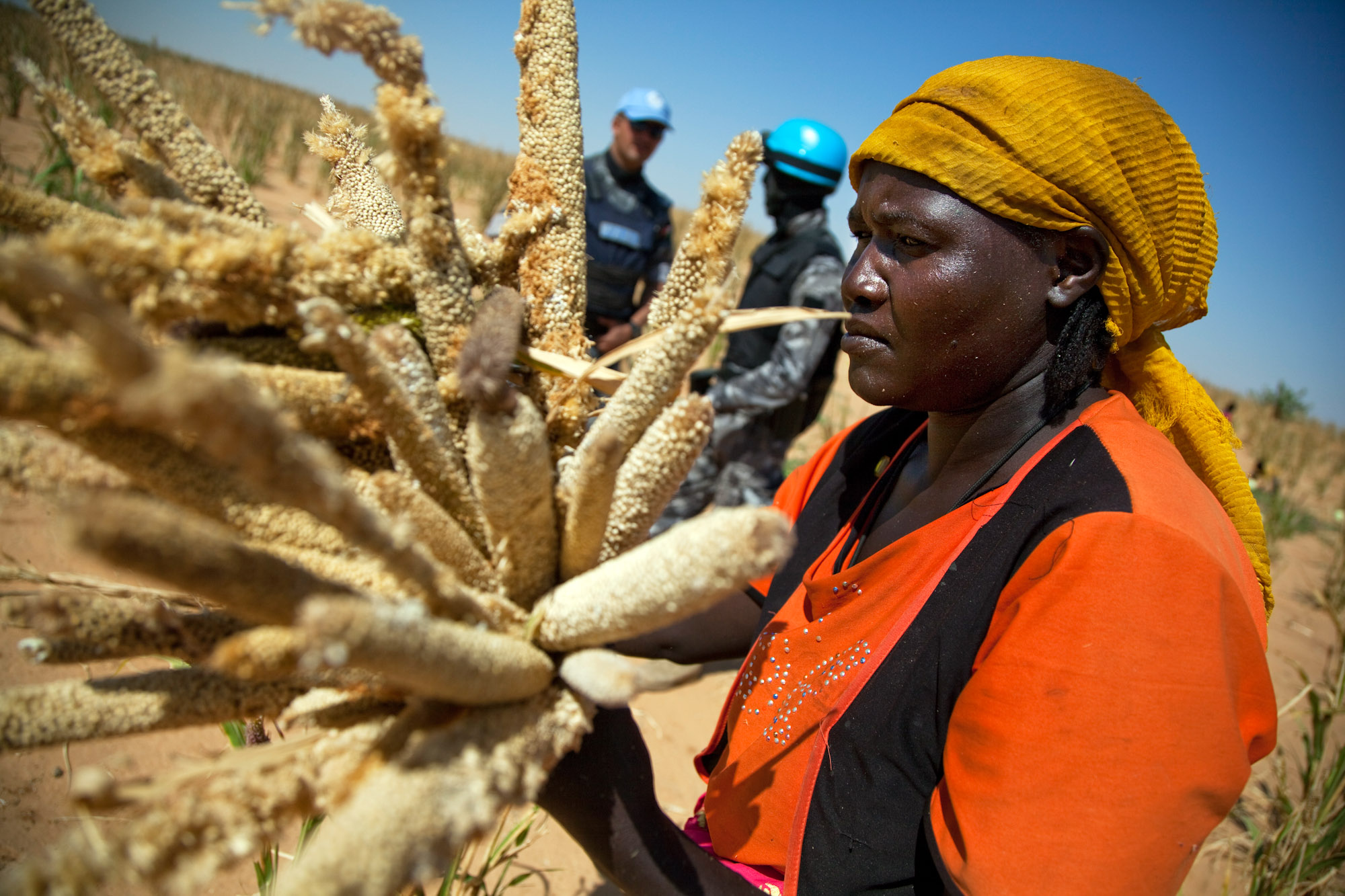Sextortion: referring to a form of blackmail in which sexual information or images are used to extort sexual favors from the victim. One of the biggest challenges for those working in the land and natural resources sector, has been drawing attention to the fact that this happens in our sector, too and most importantly, that something needs to be done about it.
One of the first steps in battling corruption is to educate authorities in our respective countries about corruption and its relationship to sextortion and land governance so that they may develop strategies to counter the problem. It is essential that we understand that sextortion is a corruptive practice that takes place in numerous facets of land governance, including not only in procuring land titles, but in the management of natural resources, including minerals.
In our experience at Haki Madini we have realized that sextortion may apply to a diversity of land governance situations, such as access to grazing areas, forest resources or minerals. Through our WOLTS research in Tanzania, we see that it is a norm for influential community members to act as brokers based on trust or gentleman’s agreements. Meaning one could be given minerals to sell in the city, then upon selling pay back the requested amount to the small-scale miners. If a young woman wants to sell products under the same arrangement, they will have to give in to sexual demands. This, unfortunately, is because in many instances her body is the only form of currency she has to offer. Furthermore, in some cases young girls and/or women are used as bait in mineral producing sites, either by their peers or families. In both cases it is assumed normal for a woman to give sexual favors in return for a part of mineral proceeds. This is a problem that must be addressed.
In many mining areas, around mine sites, rubble and waste materials from the mining are discarded and can be a major source of access to minerals, especially for poorer small-scale and artisanal miners, who do not have the formal licenses to mine. How those waste materials are distributed among all those who would like access to them is a key point where “sextortion” can take place. For example, through our research in Tanzania, we have found that rubble distribution was somehow organised by informal (male) artisanal mining leaders. There is scope for the women who want access to the minerals to use whatever means they have to ensure favorable access for themselves, which for those who are poor and desperate enough, especially widows with children to feed, would offer sex as a way to get special treatment and protection from all the other miners trying to get at the rubble.
There are currently very few discussions about sextortion in land or natural resource governance. We need to popularize this concept and keep it at the top of natural resource policy debates. A public campaign to break the silence on sextortion and to remove stigma from the affected women will be an essential approach moving forward.

